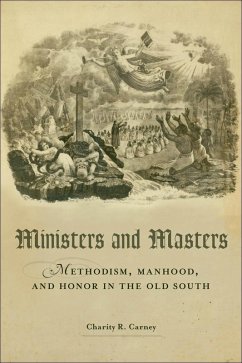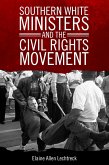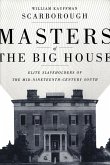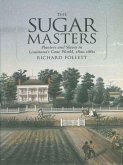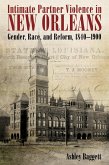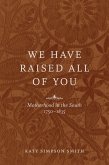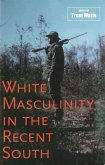In Ministers and Masters Charity R. Carney presents a thorough account of the way in which Methodist preachers constructed their own concept of masculinity within -- and at times in defiance of -- the constraints of southern honor culture of the early nineteenth century. By focusing on this unique subgroup of southern men, the book explores often-debated concepts like southern honor and patriarchy in a new way.
Carney analyzes Methodist preachers both involved with and separate from mainstream southern society, and notes whether they served as itinerants -- venturing into rural towns -- or remained in city churches to witness to an urban population. Either way, they looked, spoke, and acted like outsiders, refusing to drink, swear, dance, duel, or even dress like other white southern men. Creating a separate space in which to minister to southern men, women, and children, oftentimes converting a dancehall floor into a pulpit, they raised the ire of non- Methodists around them. Carney shows how understanding these distinct and often defiant stances provides an invaluable window into antebellum society and also the variety of masculinity standards within that culture.
In Ministers and Masters, Carney uses ministers' stories to elucidate notions of secular sinfulness and heroic Methodist leadership, explores contradictory ideas of spiritual equality and racial hierarchy, and builds a complex narrative that shows how numerous ministers both rejected and adopted concepts of southern mastery. Torn between convention and conviction, Methodist preachers created one of the many "Souths" that existed in the nineteenth century and added another dimension to the well-documented culture of antebellum society.
Carney analyzes Methodist preachers both involved with and separate from mainstream southern society, and notes whether they served as itinerants -- venturing into rural towns -- or remained in city churches to witness to an urban population. Either way, they looked, spoke, and acted like outsiders, refusing to drink, swear, dance, duel, or even dress like other white southern men. Creating a separate space in which to minister to southern men, women, and children, oftentimes converting a dancehall floor into a pulpit, they raised the ire of non- Methodists around them. Carney shows how understanding these distinct and often defiant stances provides an invaluable window into antebellum society and also the variety of masculinity standards within that culture.
In Ministers and Masters, Carney uses ministers' stories to elucidate notions of secular sinfulness and heroic Methodist leadership, explores contradictory ideas of spiritual equality and racial hierarchy, and builds a complex narrative that shows how numerous ministers both rejected and adopted concepts of southern mastery. Torn between convention and conviction, Methodist preachers created one of the many "Souths" that existed in the nineteenth century and added another dimension to the well-documented culture of antebellum society.
Dieser Download kann aus rechtlichen Gründen nur mit Rechnungsadresse in A, D ausgeliefert werden.

